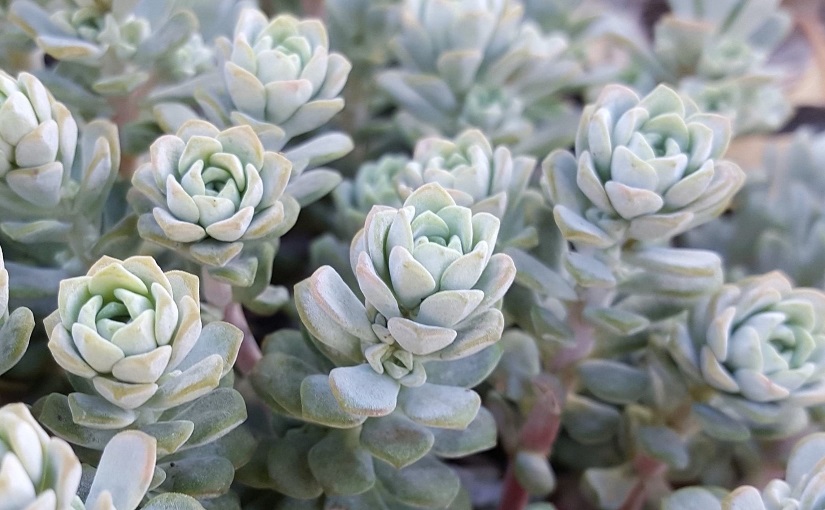It’s getting to the point where there’s so much being written and said in the world that it’s almost impossible to keep abreast of it all. Bookshops and websites are full to the brim of all we should be aware of, care about, and act upon. It’s overwhelming to think of all we have to ignore or filter out in order to actually function in this reality.
But it’s also great that people can share their views, passions and concerns in the hope they might in some way help others. It just needs a degree of discernment, I guess, in terms of what we put out in the world as much as what we take in (Notes One). There’s so much we could care about, with the risk it might become a paralysing conversation of mutually deafening voices and emotions.
Within all that, there are those focussing in on humanity’s relationship with nature, how that’s playing out, and whether we need to change our ways (Notes Two). Surely an important topic, as without a hospitable place to live there’s presumably very little life to be had? But it’s not easy to address: to encapsulate the complexity of our environment or inspire people to make significant life-changes.
And, in that vein, Susan Murphy’s “Minding the Earth, Mending the World” seems an insightful, thorough, heart-felt exploration of where humanity now stands. The book, among other things, considers the idea that “crisis and salvation are inside each other” – that “what is so urgently being called up in us flows naturally from daring to welcome a hard reality”.
Essentially, that where we stand and the problems presenting themselves are precisely what we need to engage with. That “if we manage to accept the challenge, the intense rigour of responding to this great question of our time can wake up forgotten parts of ourselves and usher in our maturity as a species”.
This perspective seems valuable in that it’s conceptualising our position as not only one of ‘letting go’ but also ‘moving forward’ as we responsibly, intelligently engage with the realities being communicated to us. This sense of needing to fully understand; to appreciate where we might’ve been going wrong; to discard ideas that don’t serve us in the long-run; and place ourselves more harmoniously within our environment (Notes Three).
It’s a powerful book that speaks with an informed, accessible, yet fiery voice into a highly complex and emotive topic. Striking that balance between practical realism and constructive optimism is tough, but Murphy doesn’t shy away from describing the concerning challenges we’re facing while also deeply affirming the importance of our understanding and engagement.
We’re talking about “rebellion of the heart” and how “this can be a huge and difficult adventure that will bring out the magnificence of human beings”; blending science, observation and Zen koans into a comprehensive, impassioned cry for change that speaks as much to reason as emotion. Also, beautiful for its seeking to empower rather than undermine human agency and worth.
Notes and References:
“Minding the Earth, Mending the World: The offer we can no longer refuse” by Susan Murphy, (Picador, Sydney), 2012.
Note 1: Value in being informed
Note 1: Concerns over how we’re living
Note 1: What are we thinking?
Note 2: “Small is Beautiful”
Note 2: “Ecological Intelligence”
Note 2: “New Renaissance”
Note 3: Ideas that tie things together
Note 3: How important is real life?
Note 3: And, how much can we care?
For my own views on nature, there’s Some thoughts about ‘life’ which links back to much I’ve written over the last few years.

